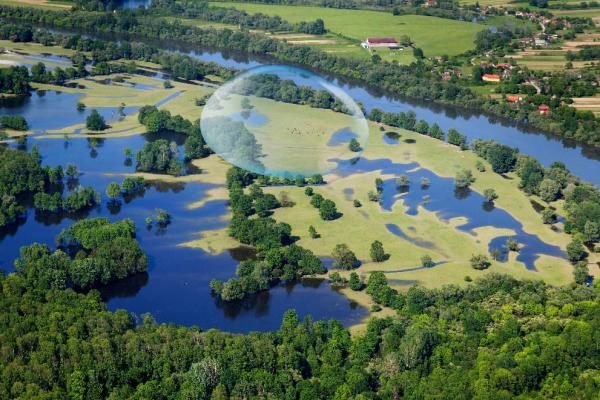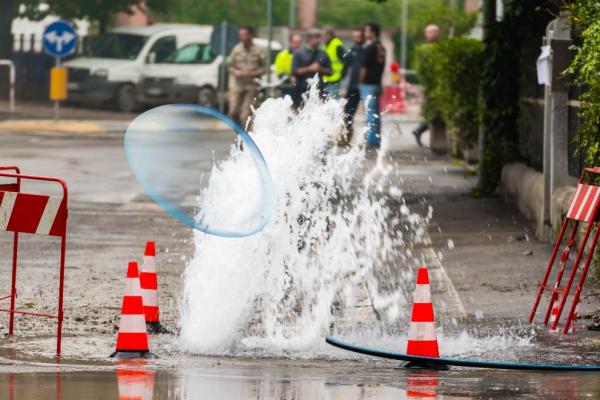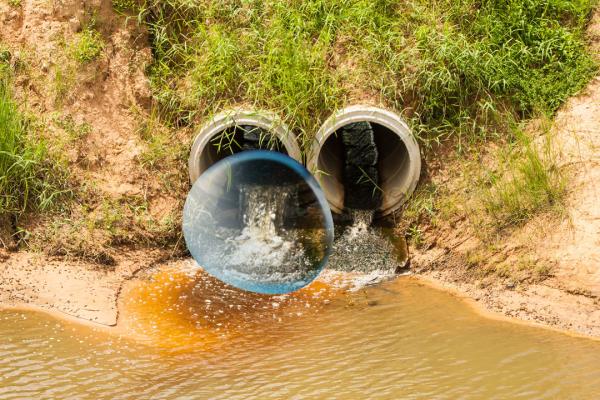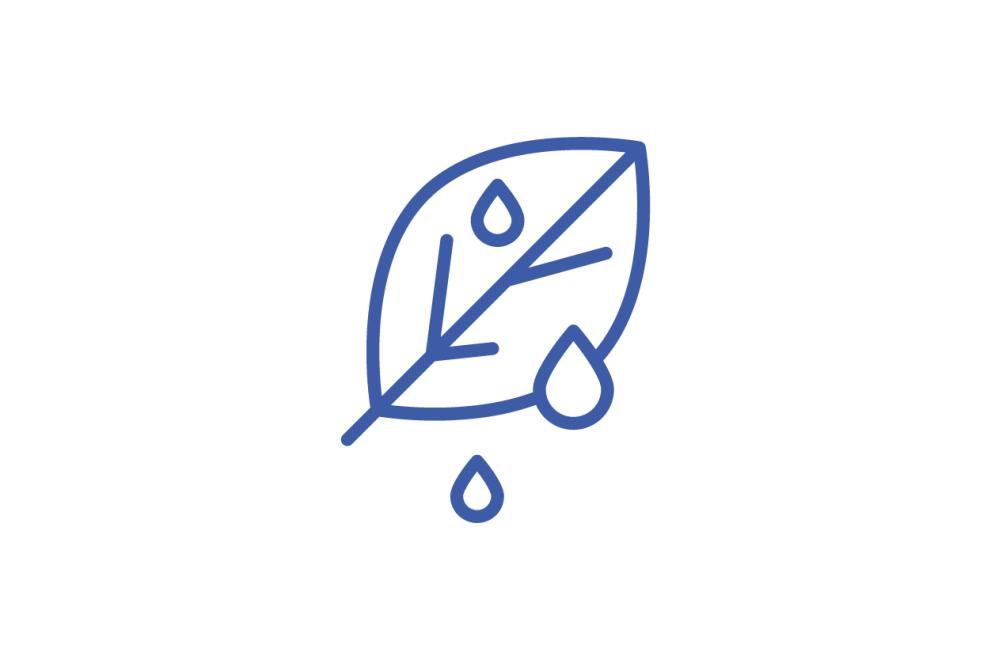 40%
40%of rivers have overly high nitrate levels which are mainly runoffs from agriculture
 37%
37%of treated water is lost before it reaches household taps
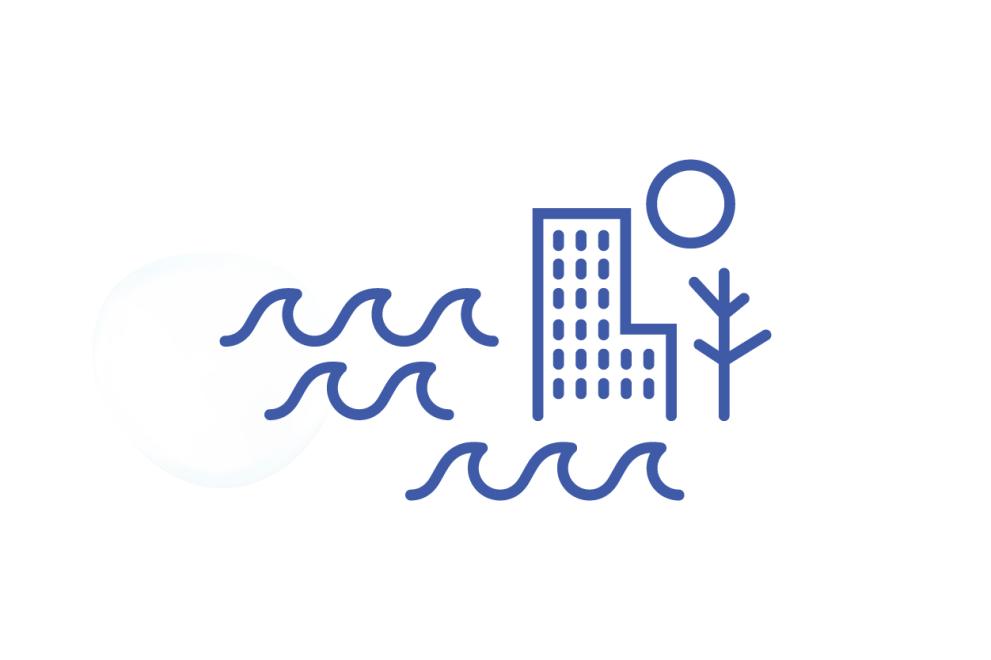 200 km ²
200 km ²of land in Ireland would be at risk if sea levels rise by just 0.5m
The issues affecting Ireland’s waters
In Ireland, many rivers are polluted with waste from agriculture and industry and sewage. Nearly half of the country’s rivers are in poor environmental health. What’s more, almost half of all surface water – the water found in streams, lakes and wetlands, bays and seas – is below expected standards set by the EU. This threatens the plants and animals that live there as well as Ireland’s supply of drinking water
Leaks from old and poorly maintained water infrastructure a significant issue, with about 37% of treated water lost before it even reaches household taps. Not only does this result in valuable resources being wasted, but it also leads to water shortages. Addressing this problem requires substantial investment in maintenance, repair, and modernisation.
Ireland is also facing more frequent and more dangerous floods, due to climate change. Urbanisation and changes in how the land is used have reduced how water is normally absorbed by nature, increasing the risk of flooding. Strategies to anticipate and mitigate the impact of floods, including the building defence mechanisms, sustainable urban planning, and restoring natural flood plains, are needed to minimise this risk.
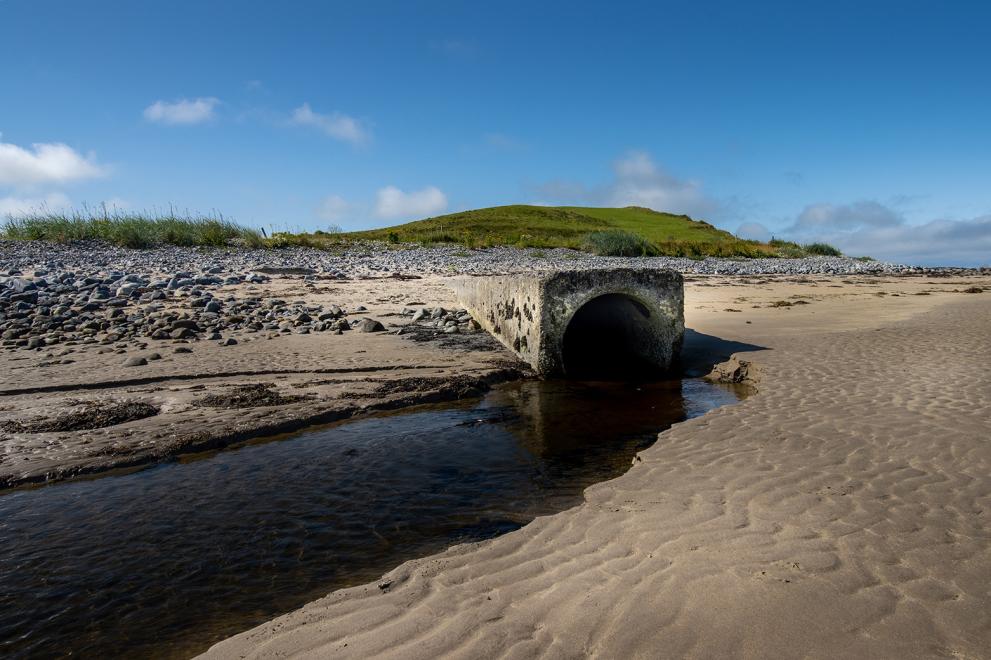
Solutions to the water issues in Ireland exist
With proper policy, innovation and investment, it's clear that Ireland can become water resilient.
Progress has already been made. Under the EU’s Industrial Emissions Directive, heavy metals released into water from industry decreased by over 40%.
Additionally, Uisce Éireann (formerly Irish Water) has invested €500 million to upgrade the country’s underground water network, and the government has put a flood management system and management plan in place.
At the national level, as indicated in an OECD study, Ireland would need to increase its investments further to reach and maintain compliance. The OECD projected that the financing needs by 2030 (total cumulative additional expenditures for sanitation) amount to €2.7 billion.
Explore water projects in Ireland bringing fresh solutions

The Acclimatize project has set out to identify and determine the impact of pollution of at-risk urban and rural bathing waters in Ireland – and to share their findings with us all.

CatchmentCARE is a project that aims to protect and improve water bodies. It engaged communities, educated farmers, and collaborated with water professionals to address water quality issues.
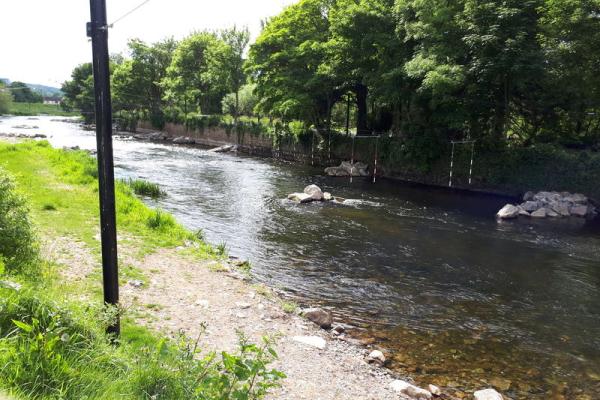
Helping to create a balance between historical sites near water and the biodiversity that is threatened by tourism, SWARE is working to protect the beautiful waterways of Tipperary.





